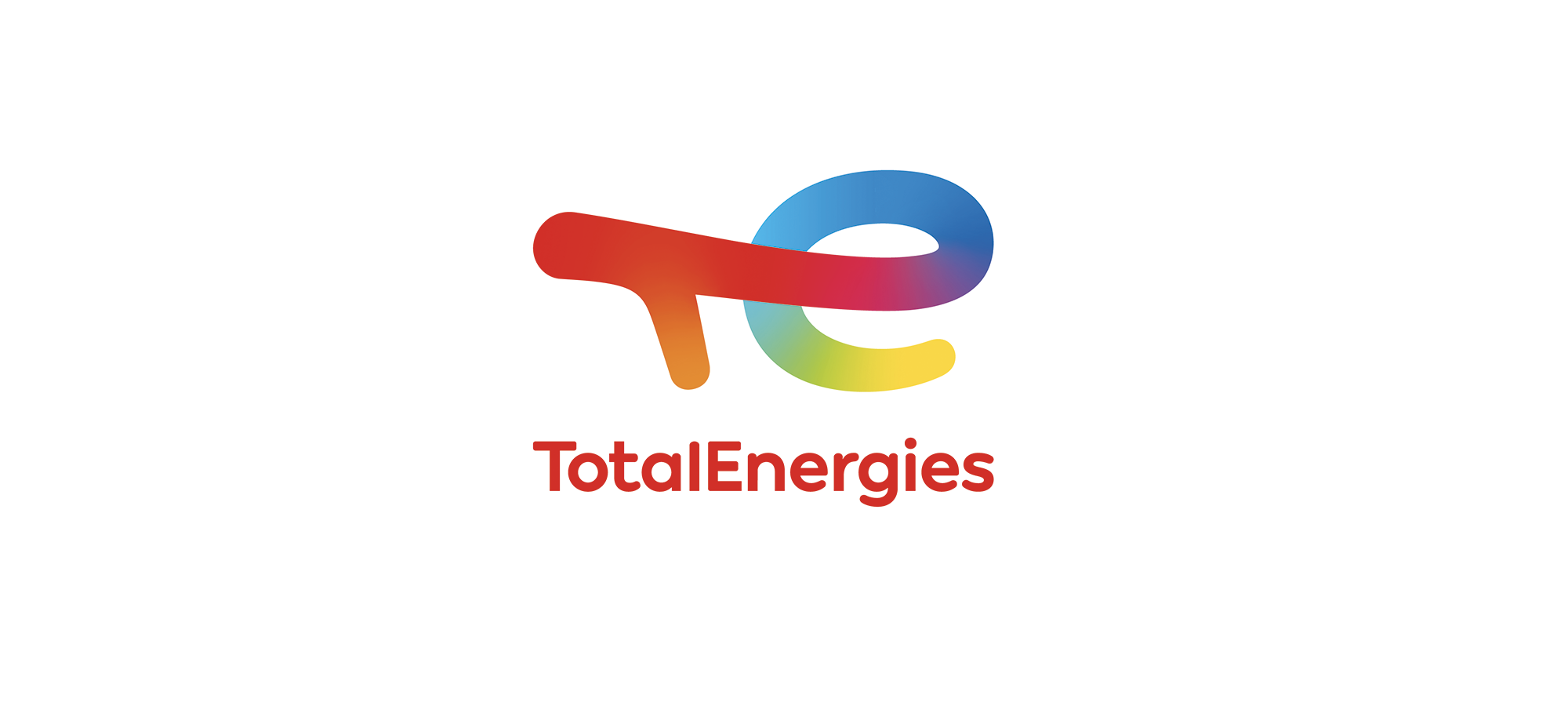Speaker: Michel WEDEL
Abstract: In this presentation I review developments in VR/AR applications and research in the area of consumer marketing. I outline a conceptual framework for VR/AR research in consumer marketing that centers around consumer experiences provided by VR/AR applications along the customer journey and the effectiveness of such applications. I will discuss the key concepts and components of the framework and provide an overview of VR/AR applications in practice and extant research on VR/AR in consumer marketing. Based on this framework, I offer an outlook for future developments of VR/AR technologies and applications, discuss managerial implications, and prescribe directions for research on consumer marketing.
Speaker: Clara MONTELEONI
Abstract: Despite the scientific consensus on climate change, drastic uncertainties remain. Crucial questions about regional climate trends, changes in extreme events, such as heat waves and mega-storms, and understanding how climate varied in the distant past, must be answered in order to improve predictions, assess impacts and vulnerability, and inform mitigation and sustainable adaptation strategies. Machine learning can help answer such questions and shed light on climate change. I will give an overview of our climate informatics research, focusing on challenges in learning from spatiotemporal data, along with semi- and unsupervised deep learning approaches to studying rare and extreme events, and precipitation and temperature downscaling.
Speaker: Hugues LANGLOIS
Abstract: Can machine learning algorithms be blindly applied to financial data? Which methods should be used to form an investment strategy? How does machine learning compare to financial econometrics? Can data be harvested to build profitable investment strategies? This course presents an overview of state-of-the-art techniques for financial applications, including forecasting expected investment returns, risk measures, and optimal portfolio allocations. The emphasis will be on methods that accommodate a large number of variables. We expose students to recent results in the fields of asset pricing, risk management, and portfolio choice with one specific objective: designing better-performing investment strategies.
Speaker: Aurélien BELLET
Abstract: Federated learning (FL) is a machine learning paradigm where many clients (e.g. mobile devices or whole organizations) collaboratively train model while keeping their data decentralized. FL embodies the principals of focused data collection and minimization, and can mitigate many of the systematic privacy risks and costs resulting from traditional, centralized machine learning and data science approaches. In this talk, I will introduce various settings which fall under the umbrella of FL, review a few standard algorithms and discuss some recent work and open problems.
Speaker: Mitali BANERJEE
Abstract: This 3-hour course will offer a brief hands-on introduction to deep-learning based image recognition tools. Participants will gain familiarity with preparing and importing images into software (python) and applying one of the foundational deep learning architectures to classify the images and create vector representations. We will discuss different applications of the output of deep learning tools to extract managerial and scientific insights. In particular, we will discuss applications of these tools to creating large-scale measures that have otherwise proven elusive or susceptible to bias.
Requirements:
- Own a gmail account through which you will access the code book (Google colab notebook). If needed, you can/shoul create a gmail account just for this tutorial.
- Download the following data set (Kaggle Cats and Dogs Dataset) from Microsoft. Then create a new google drive folder, Data_July_2021, and upload the data here.
Speaker: Aymeric DIEULEVEUT
Abstract: The purpose of this course is to give an introduction to stochastic convex optimization and its applications in statistical learning. In the first part, we will recall the importance of convex optimization in statistical learning. On this occasion, we will briefly introduce some useful results on convex analysis. We will then analyze the gradient algorithms for strongly convex and then convex smooth functions. We will take this opportunity to establish some results of complexity lower bound for such problems. We will see on this occasion that the gradient algorithm does not reach the optimal speed and show a strategy for accelerating the gradient algorithms to get optimal speeds. In the second part, we will look at stochastic versions of these algorithms, providing convergence rates and proofs, and also describe variance reduced algorithms.
Requirements: A good knowledge of the fundamental tools of calculus and linear algebra, as well as the probabilistic tools (random variables, conditional expectation, $\sigma$-algebra).
Speaker: Cesar HIDALGO
Abstract:
How would you feel about losing your job to a machine? How about a tsunami alert system that fails? Would you react differently to acts of discrimination performed by a machine or a human? How about public surveillance? How Humans Judge Machines compares people’s reactions to actions performed by humans and machines. Using data collected in dozens of experiments, this book reveals the biases that permeate human machine interactions. Are there conditions in which we judge machines unfairly? Is our judgment of machines affected by the moral dimensions of a scenario? Is our judgment of machines correlated with demographic factors, such as education or gender? Hidalgo and colleagues use hard science to take on these pressing technological questions. Using randomized experiments, they create revealing counterfactuals and build statistical models to explain how people judge A.I., and whether we do it fairly or not. Through original research, they bring us one step closer to understanding the ethical consequences of artificial intelligence.
The book "How Humans Judge Machines" can be read for free at https://www.judgingmachines.com/ (in print with MIT Press).
Speaker: Edouard OYALLON and Michaël ALLOUCHE
Abstract: Since 2012, deep neural networks have led to outstanding results in various applications, literally exceeding any previously existing methods, in texts, images, sounds, videos, graphs... They consist of a cascade of parametrized linear and non-linear operators whose parameters are optimized to achieve a fixed task.
This tutorial will first propose a brief introduction to the solved problems and how to design such neural networks. In a second step, notebooks will be proposed in tensorflow/keras.
Requirements:
- Familiar with Python and object-oriented programming
- Own a Google account with Google Colaboratory extension installed
- Download the following Zip file. Unzip and drag the file into a Google drive folder of your Google account.
Speaker: Frederica DE STEFANO
Abstract:
This tutorial examines how to use data analytics to manage people inside organizations. While people represent a strategic resource for organizations evaluations are often based on intuition, stereotypes, and internal politics, rather than informed by data. In the past decade “people analytics”, which is the use of data to understand people behaviors inside organizations, has been revolutionizing HR management around the world and promoting evidence-based HR practices. In this tutorial, we will analyze this new approach to people management and focus on how people analytics can support decisions.
Requirements: Materials for an in-class exercise is available here. Please download the zip document before the class.
Message from the speaker:
This tutorial examines the use of data to improve how people are managed within organizations. During the tutorial, we will work together on a business case using people data to make hiring decisions. Please find the business case materials (Instructions and Data) in a dedicated folder. Please do not hesitate to contact me if you have any questions (de-stefano@hec.fr).
I look forward to seeing you all!
Federica De Stefano - Assistant Professor, Department of Management and Human Resources, HEC Paris
Speaker: Claire VERNADE
Abstract: Sequential learning addresses the problem of allocating resources under cost constraints, and sometimes lack of information. This class of problems is ubiquitous for instance in machine learning, operations research or econometrics. In particular, it is at the heart of Reinforcement Learning (RL), a learning paradigm where the agent learns via trial-and-error. In fact, a key difficulty for the learner is to decide how to explore the space of actions while trying to maximize a certain reward metric, thus facing an exploration-versus-exploitation trade-off.





Executive Director
Executive Director
+33 (0)1 75 31 96 60
Copyright © 2021 • Hi! Paris • All right reserved